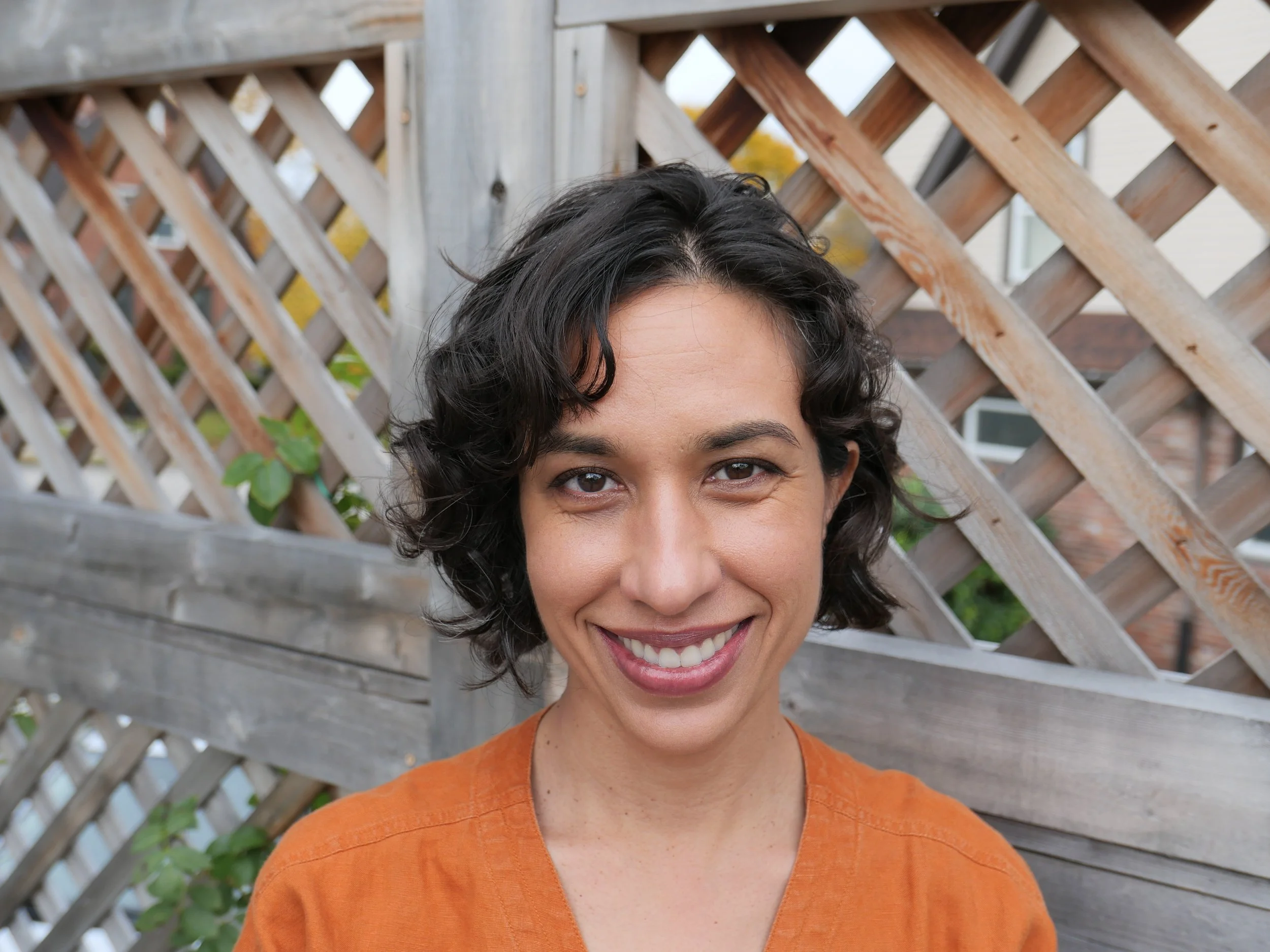Leadership Team
-

Quinn Slobodian
Quinn Slobodian is the Co-Director of the History & Political Economy Project. He is professor of international history at the Frederick S. Pardee School of Global Studies at Boston University. He is the author of Globalists: The End of Empire and the Birth of Neoliberalism (Harvard, 2018), and his most recent book is Crack-Up Capitalism: Market Radicals and the Dream of a World Without Democracy (Metropolitan Books, 2023).
-

Christy Thornton
Christy Thornton is the Co-Director of the History & Political Economy Project. She is associate professor of history at New York University. She is the author of Revolution in Development: Mexico and the Governance of the Global Economy (University of California, 2021), and is currently at work on a new research project, “To Reckon with the Riot: Global Economic Governance and Social Protest.”
-

Andrew Anastasi
Andrew Anastasi is the Postdoctoral Fellow of the History & Political Economy Project. His current book project is The Other Anti-War Movement: The New Left in and against the War on Poverty (under contract, University of Minnesota Press). Andrew holds a PhD in sociology from The Graduate Center, City University of New York, and is the editor and translator of The Weapon of Organization (Common Notions, 2020).
-
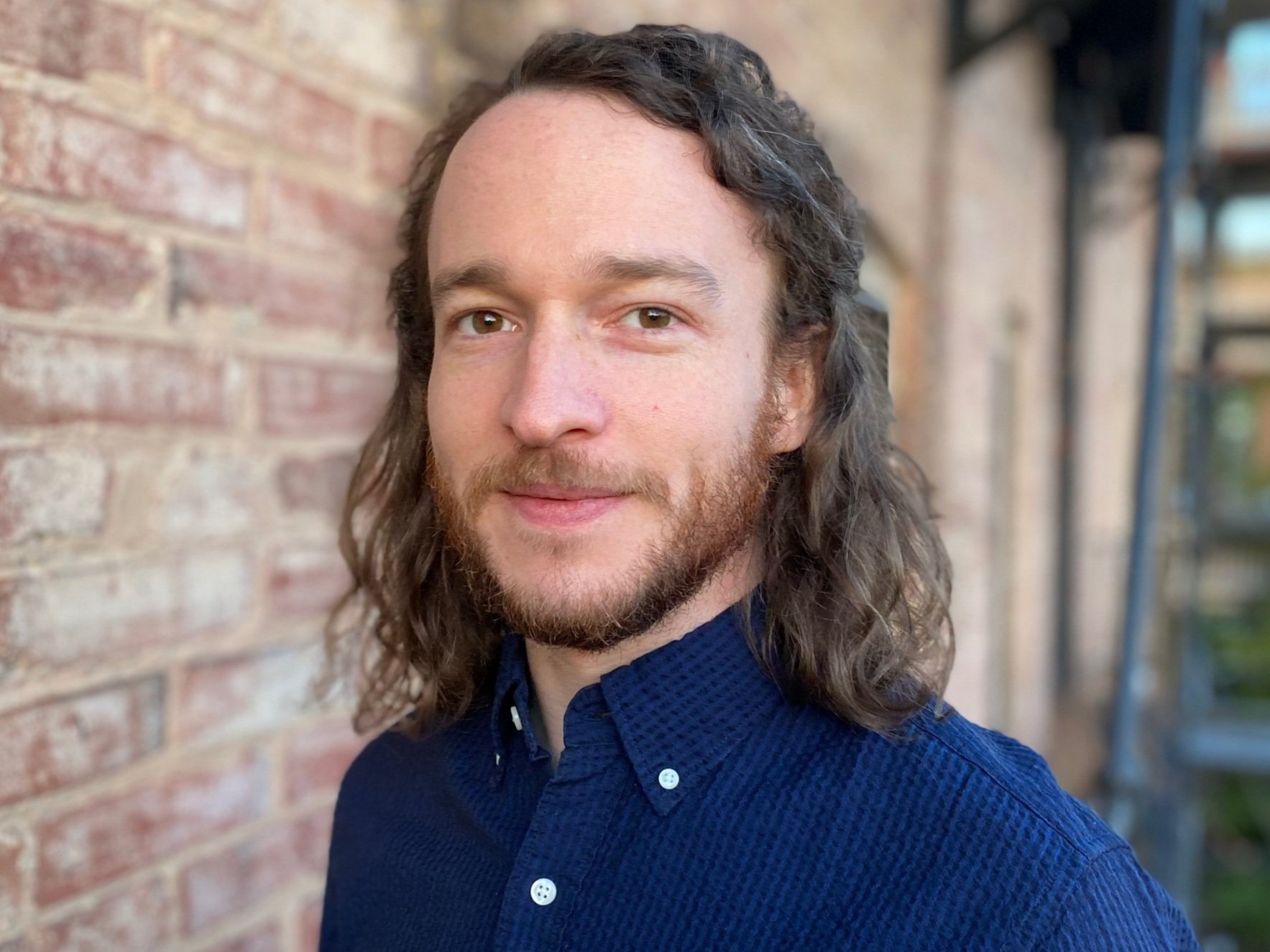
Conrad Jacober
Conrad Jacober is the Graduate Fellow of the History & Political Economy Project. He is a PhD candidate in sociology at Johns Hopkins University, where he researches the history of financialization. His dissertation examines how American commercial banks broke the New Deal financial order and built a financialized regime of accumulation on a foundation of household debt.
Advisory Board
-
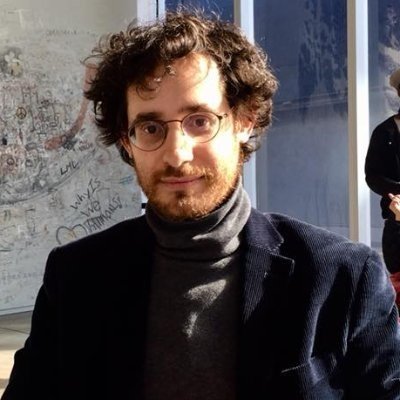
Paul Adlerstein
Paul Adlerstein is assistant professor of 20th Century U.S. and World History at Colorado College, where he teaches histories of political economy, social movements, and politics. His research focuses on transnational activism. His first book, No Globalization Without Representation (Penn, 2021) examines coalition building by U.S. activists to confront global neoliberalism from the 1970s to the early 2000s. Paul received his PhD from Georgetown University and has taught at Harvard University. Before graduate school, Paul worked on global justice issues at the advocacy group Global Trade Watch.
-

Tariq Omar Ali
Tariq Omar Ali is associate professor in the Edmund A. Walsh School of Foreign Service at Georgetown University. His first book, A Local History of Global Capital: Jute and Peasant Life in the Bengal Delta (Princeton, 2018) explored how global capitalism shaped peasant life and society in the Bengal delta during the late nineteenth and early twentieth century. His current project examines how decolonization, independence, and the rise of the nation-state restructured the working lives of peasants, boatmen, itinerant traders, and small businessmen in post-colonial East Pakistan (present-day Bangladesh) in the 1950s and 1960s.
-

Jennifer Bair
Jennifer Bair is professor of sociology at the University of Virginia. She is a sociologist whose work focuses largely on global value chains as mechanisms of governance and distribution in the modern world-system. She is currently working on a historical and comparative analysis of ‘triangular bargaining’ in supply chains dominated by powerful lead firms. She is an editor of Review of International Political Economy and EPA: Economy and Space and past Chair of the Political Economy of the World-System section of the American Sociological Association.
-

Aaron Benanav
Aaron Benanav is an assistant professor of sociology at Syracuse University. His first book, Automation and the Future of Work, challenged popular narratives about the rise of the robots. Benanav is working on two new projects. One concerns the idea of a “post-scarcity” economics. The other examines the global history of unemployment. Benanav is an editor at International Labor and Working Class History and the New Left Review.
-

Zophia Edwards
Zophia Edwards is assistant professor of sociology at Johns Hopkins University. Her areas of research and teaching include race and racism, political economy, postcolonial sociology, labor movements, international development, and political sociology. She is the author of numerous scholarly articles, and is currently writing a book on oil, labor, and the transformation of Trinidad and Tobago.
-

Eric Helleiner
Eric Helleiner is the University Research Chair in the Department of Political Science and Balsillie School of International Affairs at the University of Waterloo. He has authored and edited twelve books, including most recently The Contested World Economy: The Deep and Global Roots of International Political Economy (Cambridge, 2023) and The Neomercantilists: A Global Intellectual History (Cornell, 2021). He is a Fellow of the Royal Society of Canada and has received the IPE Distinguished Scholar Award from the International Studies Association.
-

Ho-fung Hung
Ho-fung Hung is the Henry M. and Elizabeth P. Wiesenfeld Professor in Political Economy in the Department of Sociology and the Nitze School of Advanced International Studies at Johns Hopkins University. He is the author of Protest with Chinese Characteristics (Columbia, 2011), The China Boom (Columbia, 2015), City on the Edge (Cambridge, 2022), and Clash of Empires (2022). He also publishes on money and global capitalism, orientalist origins of Western modernity, and China’s post-imperial nation formation.
-

Destin Jenkins
Destin Jenkins is a scholar of racial inequality in America. He is the author of The Bonds of Inequality: Debt and the Making of the American City (Chicago, 2021), and co-editor of Histories of Racial Capitalism (Columbia, 2021). Prior to joining the faculty as an assistant professor of history at Stanford University, he was the Neubauer Family Assistant Professor of History at the University of Chicago. He has held fellowships at the Charles Warren Center for Studies in American History at Harvard University, and the Robert L. Heilbroner Center for Capitalism Studies at The New School.
-

Alexander Kentikelenis
Alexander Kentikelenis is associate professor of political economy and sociology at Bocconi University in Milan. Prior to this, he held research posts at Oxford, Cambridge and Harvard. Alexander has published extensively on the political economy of global governance and the social consequences of market liberalization, and his work has appeared in leading journals, including the American Sociological Review, the American Journal of Sociology, The Lancet, and World Development.
-
Priya Lal
Priya Lal is associate professor of history at Boston College. She is a historian of Africa whose research focuses on the politics of decolonization, national development, and global inequality. Her first book, African Socialism in Postcolonial Tanzania: Between the Village and the World (Cambridge, 2015) tells the story of Tanzania's experiment with rural socialism in the 1960s and 70s. She is currently writing a book, tentatively entitled “Human Resources,” about the training, labor, and circulation of educational and medical professionals in and beyond southeastern Africa since independence.
-
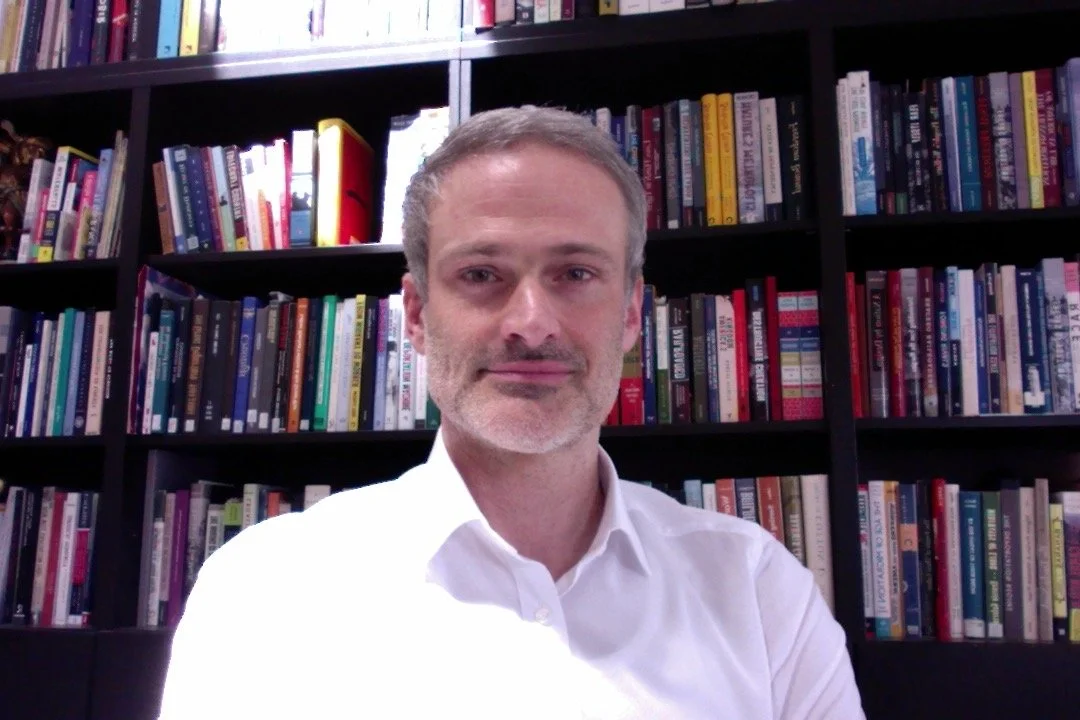
Stefan Link
Stefan Link is associate professor of history at Dartmouth College. His work centers on 20th-century political economy and comparative histories of state-led development. He is the author of Forging Global Fordism: Nazi Germany, Soviet Russia, and the Contest over the Industrial Order (Princeton, 2020). He has also written on "The United States as a Developing Nation" (with Noam Maggor) and offered some historical reflections on the prospect of 21st-century "de-globalization." Stefan is currently working on a global history of the Great Depression.
-
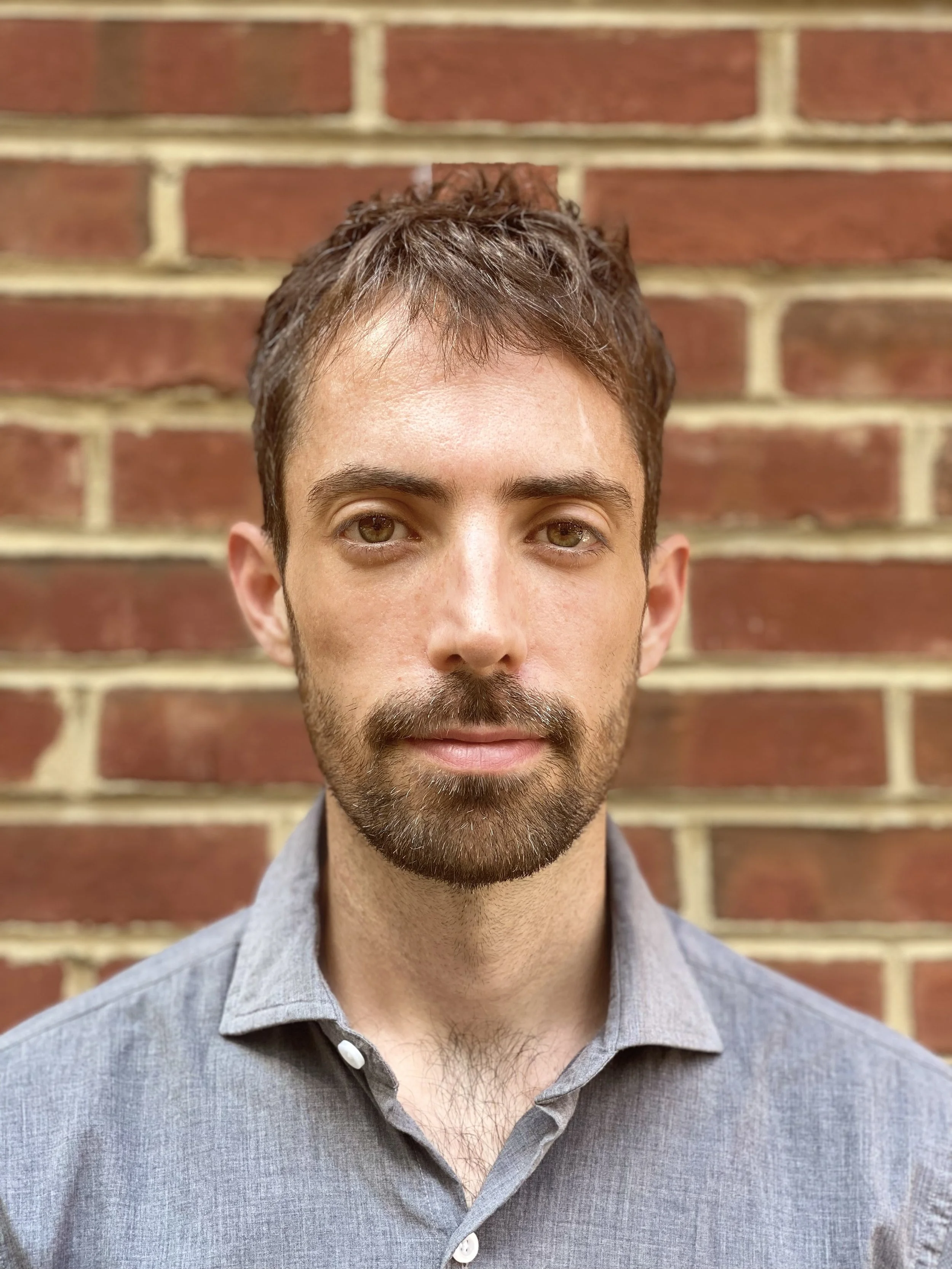
Jamie Martin
Jamie Martin is assistant professor of history at Harvard University. He is a historian of capitalism, empire, and international order and the author of The Meddlers: Sovereignty, Empire, and the Birth of Global Economic Governance (Harvard, 2022), a political history of the origins of the first international institutions to govern the world economy in the early decades of the twentieth century. He is now writing a global history of the economic consequences of World War I. His writings have appeared in The New York Times, London Review of Books, n+1, The Nation, Bookforum, and Dissent.
-

Jennifer Mittelstadt
Jennifer Mittelstadt is professor of history at Rutgers University. She is author of From Welfare to Workfare: The Unintended Consequences of Liberal Reform, 1945-1964 (UNC Press, 2005) and The Rise of the Military Welfare State (Harvard, 2015) and co-editor of The Military and the Market (Penn, 2022). She has held the Harold K. Johnson Chair in Military History at the US Army War College and has been a fellow at the Woodrow Wilson Center for International Scholars, the Dorothy and Lewis Cullman Center at the New York Public Library, and the John Simon Guggenheim Memorial Foundation.
-
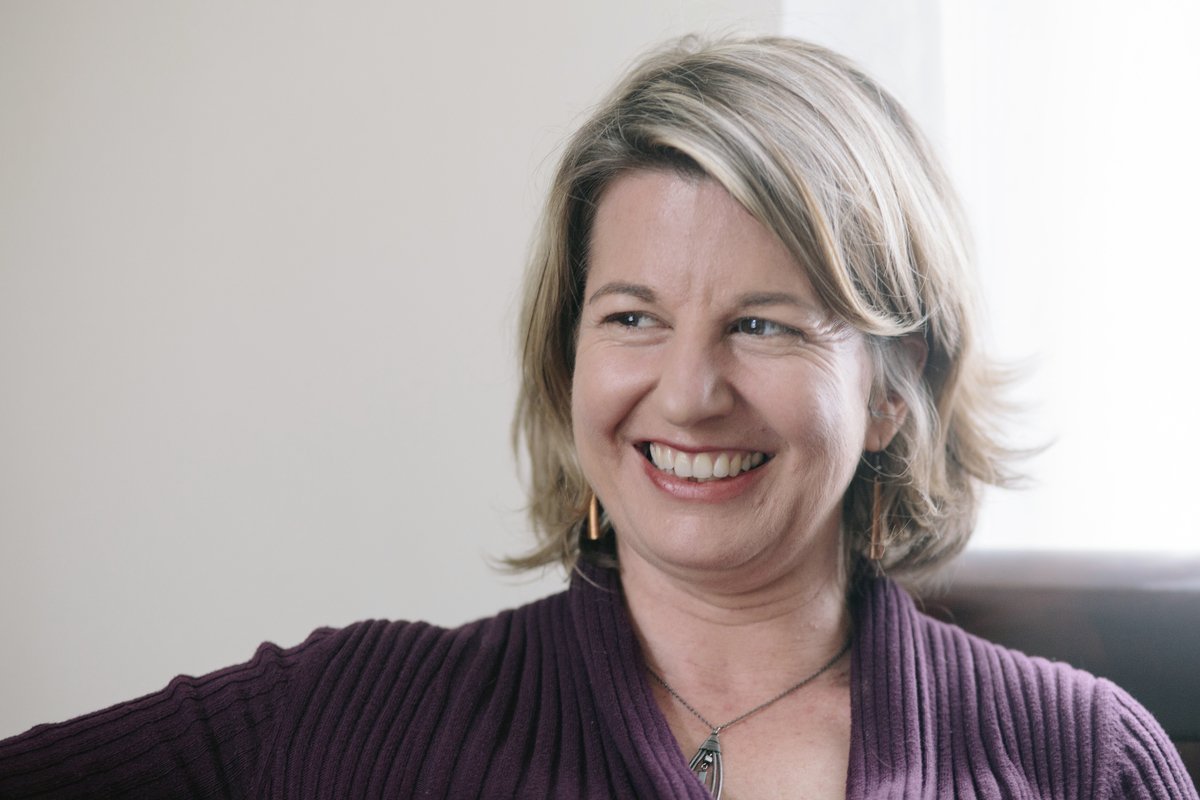
Bethany Moreton
Bethany Moreton is professor of history at Dartmouth College. She co-edits Columbia Studies in the History of U.S. Capitalism and is a co-founder of Freedom University. She has been a Heilbroner Fellow in Capitalism Studies, a Kingdon Fellow in Christianity, and a visiting scholar at Harvard Divinity School and the American Academy of Arts and Sciences. Publications include To Serve God and Wal-Mart (Harvard, 2010); Devotions and Desires (UNC Press, 2018); "Our Lady of Mont Pelerin" (Pennsylvania, 2021), and, in 2022, Perverse Incentives: Economics as Culture War.
-

Nicholas Mulder
Nicholas Mulder is assistant professor of history at Cornell University. He works on European and international history in the 19th and 20th centuries. He is the author of The Economic Weapon: The Rise of Sanctions as a Tool of Modern War (Yale, 2022) and is currently writing a political and economic history of property confiscation.
-
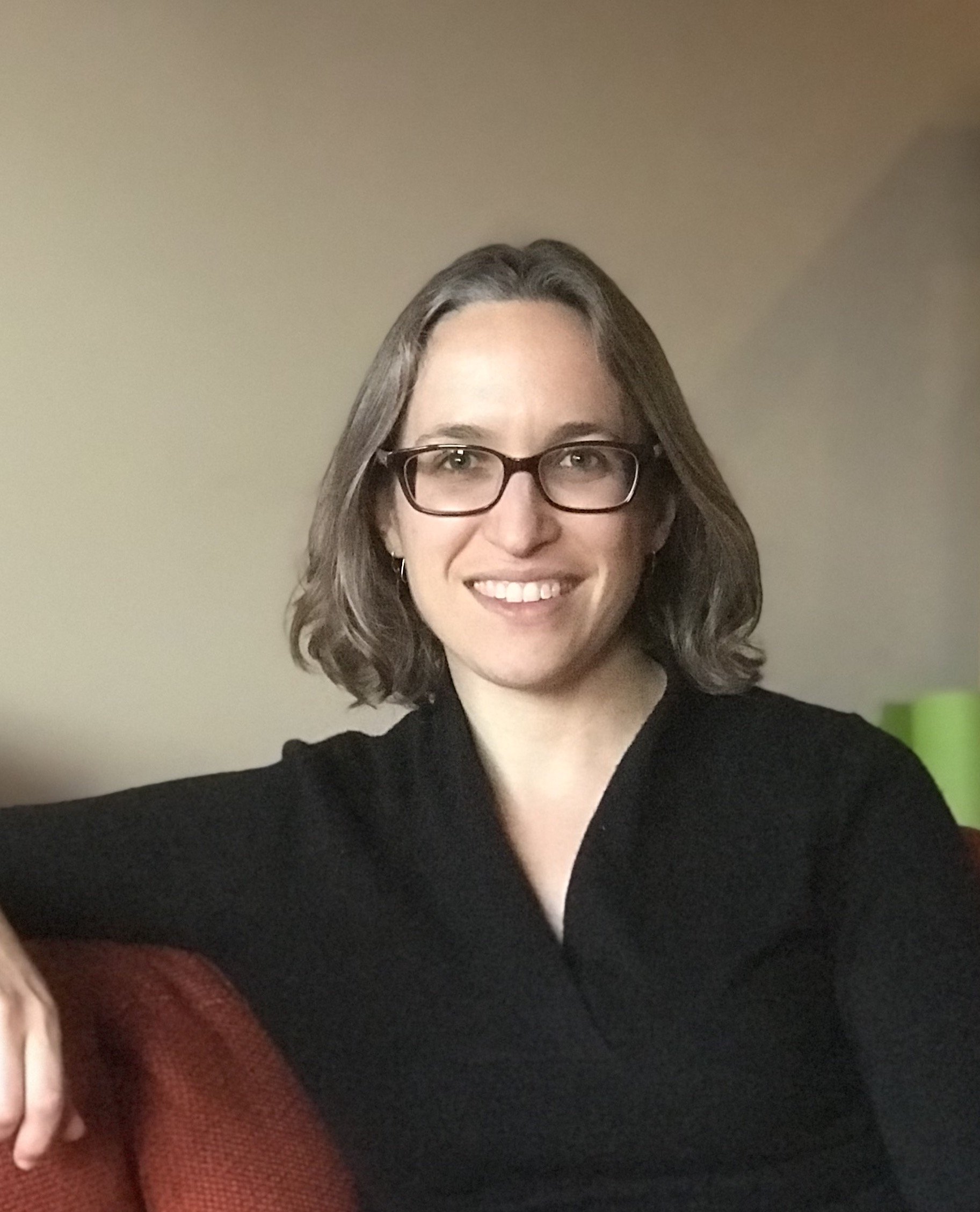
Amy C. Offner
Amy C. Offner is associate professor of history at the University of Pennsylvania. She is the author of Sorting Out the Mixed Economy: The Rise and Fall of Welfare and Developmental States in the Americas (Princeton, 2019), which won the Economic History Society Book Prize, the Michael H. Hunt Prize in international history, the Murdo J. MacLeod Prize in Latin American history, and the Alice Amsden Prize in economic behavior and policy.
-
Kristin Plys
Kristin Plys is associate professor of sociology & history at the University of Toronto. For 2023-24 she was the J. Clawson Mills Scholar in the Director’s Office at the Metropolitan Museum of Art. She specializes in critical theory and labour/left history of 1970s Pakistan and India. She is author of Brewing Resistance (2020) winner of the Global Sociology Book Award from the Congress for the Humanities and Social Sciences, and co-author, with Charles Lemert, of Capitalism and its Uncertain Future (2022), honorable mention for the PEWS Immanuel Wallerstein Book Award.
-

Sherene R. Seikaly
Sherene Seikaly is associate professor of history at the University of California, Santa Barbara. She is author of Men of Capital: Scarcity and Economy in Mandate Palestine (Stanford, 2016), which explores economy, territory, the home, and the body. Her forthcoming book, From Baltimore to Beirut: On the Question of Palestine tells a global history of capital, slavery, and dispossession. She is co-editor of Journal of Palestine Studies and Jadaliyya.
-
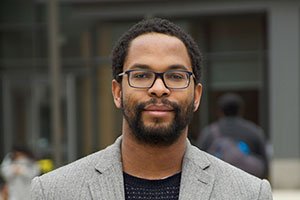
Alden Young
Alden Young is assistant professor of African American studies and a faculty member in the International Development Studies Program at UCLA. He is the author of Transforming Sudan: Decolonization, Economic Development and State Formation (Cambridge, 2017). Alden is currently at work on a new project exploring the social scientific and geopolitical thought of the Sudanese intellectual Muhammad Abu Qasim Hajj Hamad. This project, tentatively entitled “The Fourth World: Sudanese Intellectuals in the Era of Dollar Hegemony,” tries to situate the shifting discourse of development within the wider project of finding a place for their country within a global society.
